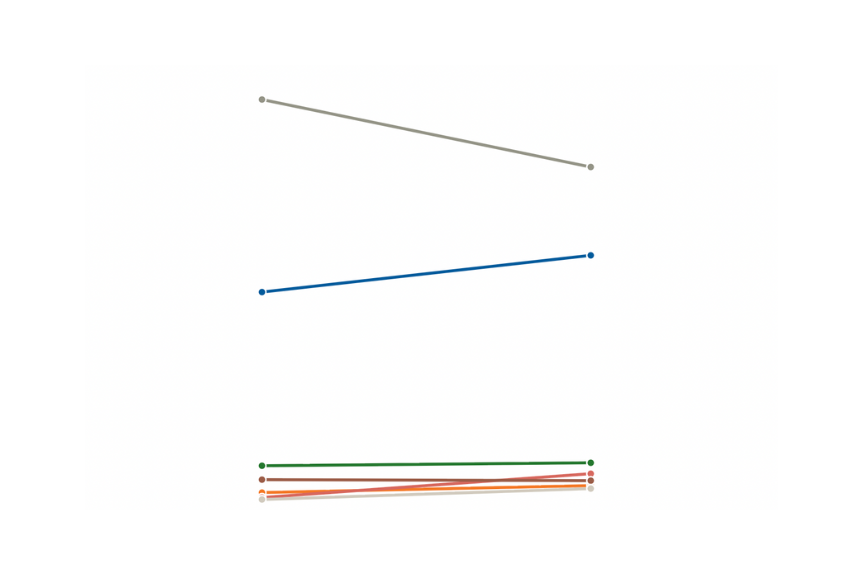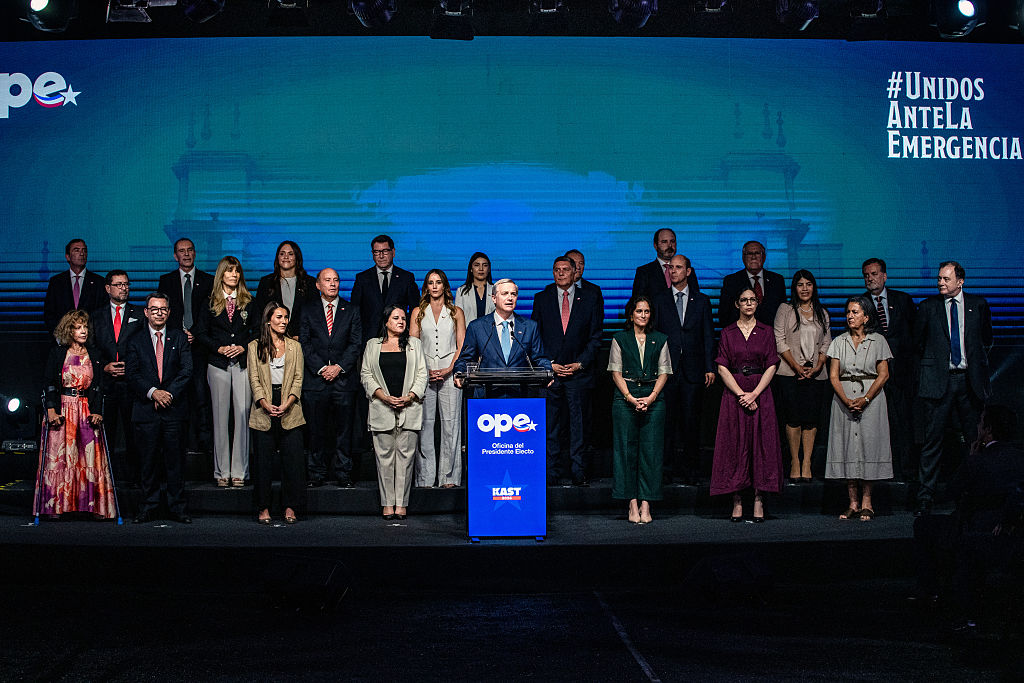Obama Looks to Asia as Trade Markets Beckon South
Obama Looks to Asia as Trade Markets Beckon South
AS/COA’s Christopher Sabatini talks to The Washington Times on the predicted U.S. economic focus on Asia as a disadvantage for the emerging markets south of the border.
President Obama’s postelection trip to Southeast Asia presages a greater second-term focus on that region, but some foreign-policy analysts say that shouldn’t distract from the need to build better alliances with U.S. neighbors, which could be key to restoring the nation’s sluggish economy.
Nowhere is that more apparent than Mexico, whose president-elect, Enrique Pena Nieto, is scheduled to visit Washington this month and has signaled an openness to deeper cooperation, including in the energy sector.
“I think the Obama administration is focused on the Asia pivot,” said Andrew Selee, who heads the Mexico Institute at the Woodrow Wilson International Center for Scholars in Washington. “But if things in Mexico get exciting, we may see a pivot toward the Western Hemisphere, which has much more tangible consequences….
Mr. Obama’s trip to Asia, which will include stops in Thailand, Myanmar and Cambodia, underscores the administration’s self-described “pivot” toward that region as the U.S. grapples with the rise of China. There is speculation that the trip might include a surprise meeting between Mr. Obama and China’s incoming president, Xi Jinping….
“We think about China as being the 100-pound gorilla in the room, but the truth is, we have a 100-pound gorilla in the room to our south,” said Christopher Sabatini, who directs policy at the Americas Society and Council of the Americas in New York. “Latin America’s middle class is the fastest-growing middle class in the world, and that means markets for the U.S., it means disposable income.”
Nor is Mexico alone in Latin America; farther to the south is a rapidly growing behemoth of almost 200 million people.
“In Brazil, they’ve added 40 million people to the ranks of the middle class,” Mr. Sabatini said. “They’ll want washing machines and dryers and cars and all the accouterments of the middle classness. We should be finding ways to lower tariff barriers for that because the truth of the matter is that China is going to sell them the lower-quality version of all that stuff….”
Please click here to read the full article.








